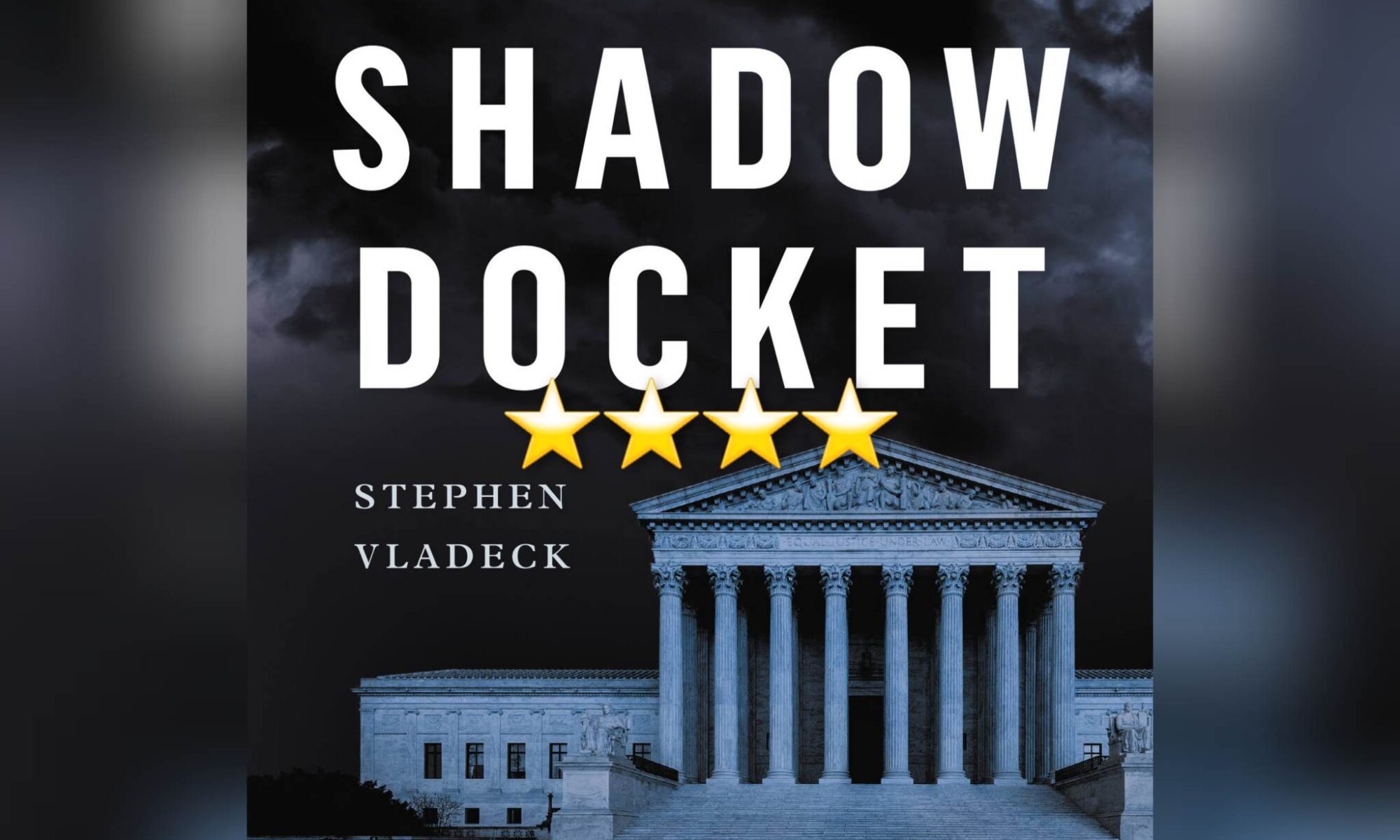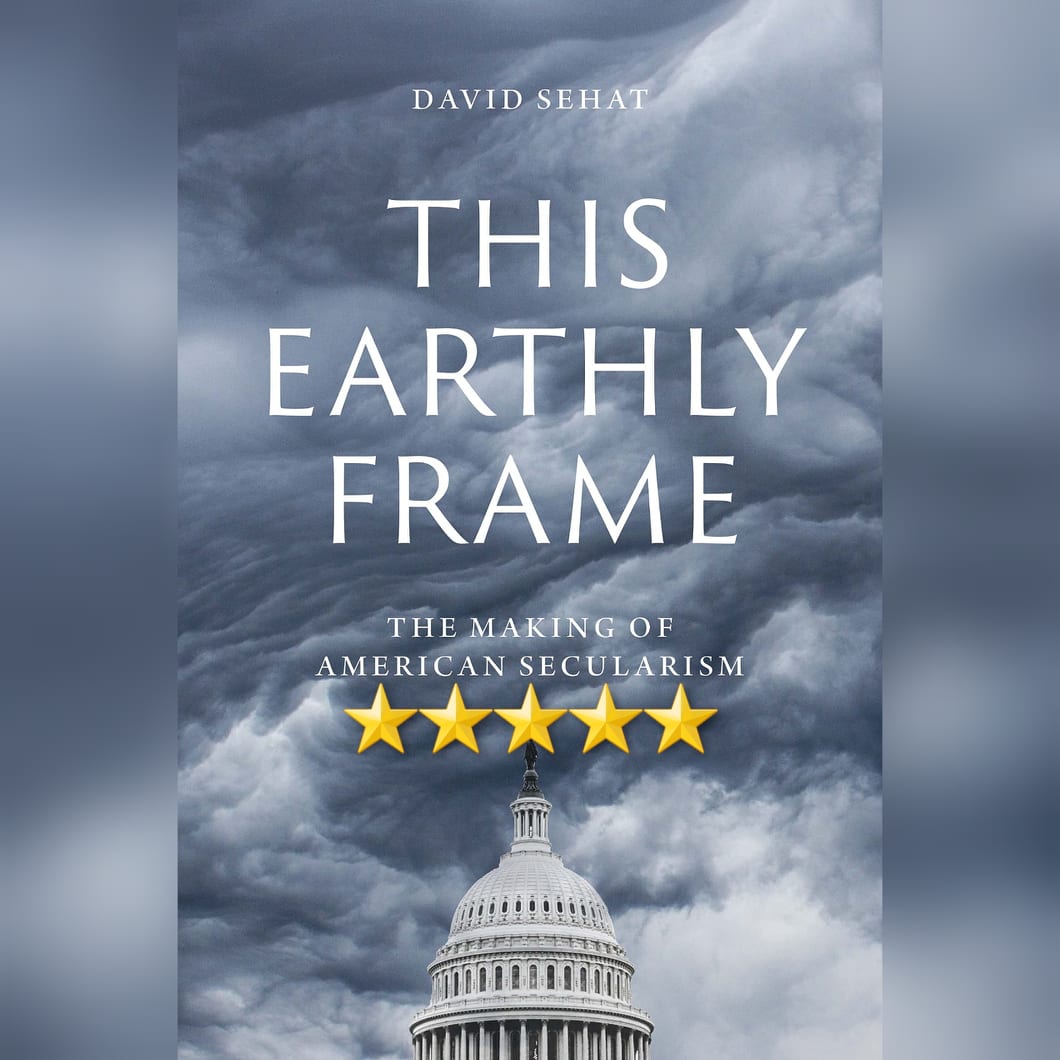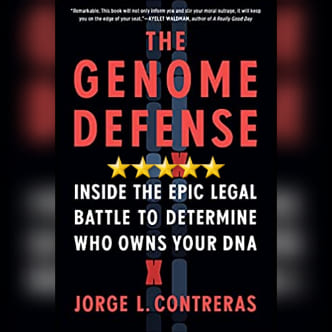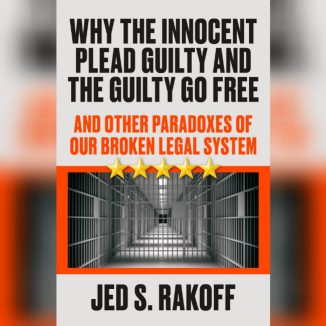When The Pendulum Swings… Where Will Vladeck Be? This is one of those historical/ current event analysis books where, particularly in the “coming of age” of a novel (ish, as Vladeck shows) concept of the “shadow docket”, it will be interesting to see if the author is just as adamant against the idea when his own “team” is using it as heavily or moreso as he is when his political opponents do. Though to be clear, the history and analysis here, while necessarily hitting the current (post-Trump era) SCOTUS the hardest for doing this the most *because they have*, does an excellent job of showing just how we got to this point where it was even possible for this particular problem to exist at all. On that front… there isn’t a political “side” in current America or American history that is fully blameless in enabling or using this bad behavior, and Vladeck shows this quite well indeed and indeed seems to be a fairly objective-ish student and teacher of legal history. For such a dense overall topic, Vladeck handles the telling of the tale quite well, such that even people who have barely ever heard of the Supreme Court of the United States of America will be able to clearly see what the current problem is and how we got to this point and why both of them matter.
Indeed, the only real reason for the single star deduction is the slight lack of documentation, coming in at just 15% of the overall advance reviewer copy text rather than the more typical in my experience 20-30%. Though as I’ve been noting a few times on similar points of late, given just how many newer nonfiction books seem to be coming in within that 15-20% range, I may yet need to recalculate my seeming average.
Overall an intriguing tale, and one that every American truly needs to understand – and Vladeck does a remarkable job of making that particular task as easy as reading this particular book. Truly great work making such a dense topic so relatable and understandable, and very much recommended.
This review of The Shadow Docket by Stephen Vladeck was originally written on April 25, 2023.




